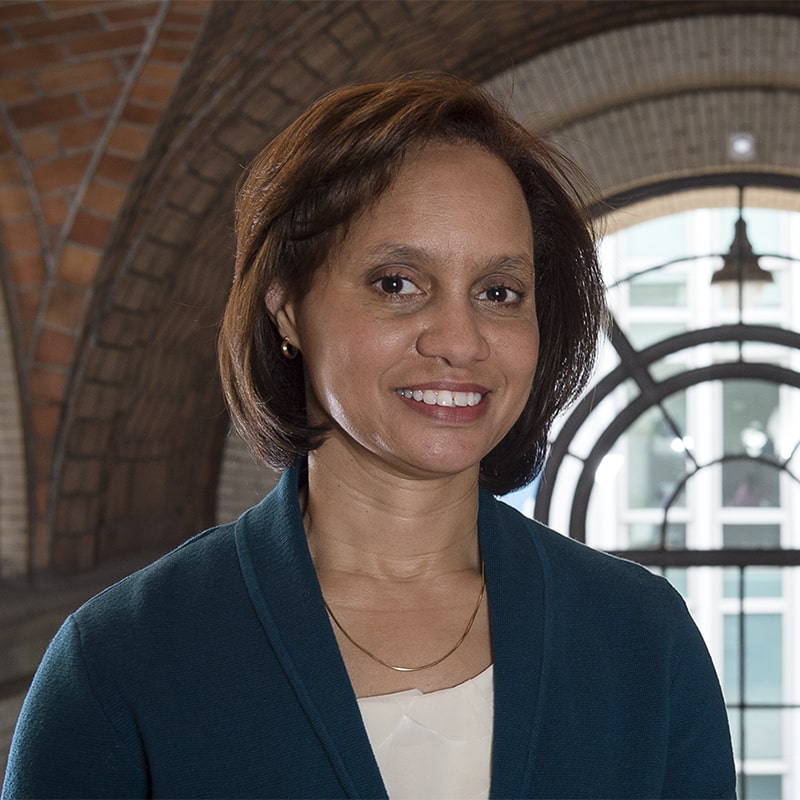Meet the Faculty
 Contextual Thinking
Contextual Thinking
85-350: Psychology of Prejudice
Featured faculty: Chante Cox-Boyd
What do you remember most about your educational journey and how has that shaped your teaching?
I am a fan of interactive classrooms where students are encouraged to both ask and answer questions in an environment that encourage open dialog and discussions. Throughout my own academic career, I found that I personally learned more from discussion- based classes than I did from those that consisted mainly of lectures. I have taken that experience and designed my courses based on this model. I understand that not all students are comfortable speaking in class, so I like the set the tone from day one that all are encouraged to contribute to the conversation and that all voices will be heard and respected. I firmly believe that being active participants in class leads to a much better outcome for all.
What are some memorable projects you’re had students do and how do they reflect your goals as an educator?
One of my favorite projects to have students do is to go to a setting where they were the “only one of their kind”. It is a simple assignment but the insight that comes from this experience goes a long way in having students put themselves in other’s shoes and understand the scrutiny many minorities feel every day. There is a popular belief that people want to stand out and get noticed, however there are times when those who are minorities in a setting just want to blend in and be treated just like everyone else. The feeling of being the solo representative of your group is a heavy burden for many minoritized people to bear and explaining this feeling to others is very difficult for them as it is for others to understand. However, through this assignment, the feeling of discomfort that students feel when they enter these settings where they are the minority can often work better than having them read empirical articles that describe these experiences.
What one piece of advice would you give you students?
Open yourself up to look critically at what you believe and why you believe it. Do not shy away from topics and information that may appear to contradict your own views. Too often we dismiss other’s beliefs that differ from our own, assuming we are right and therefore the other side must necessarily be wrong. It is critical to understand those with whom we may not share the same beliefs and attitudes in order to have an accurate understanding of situations and become an effective problem solver. You never grow if you only stick to one side of an issue or surround yourself with like-minded people. Challenge yourself to look critically at all perspectives.